Wessel van der Woude and his colleagues at Veridis are developing a machine for analysing plastics. This will enable customers to use recycled plastics in high-value applications. In addition, Veridis is currently making unusable recycled plastics usable and providing insight into the daily recycling flow.
This video was made in cooperation with the Startup Stage of ChemistryNL.
What is your role at Veridis?
’I am the Chief Business Officer, so I deal with everything that is not technical. We recently started selling the test we do with our lab set-up. I also have to raise funds and do the marketing of the product. With the test we are now selling, we can measure all types of plastic on a 20-gram scale within four hours. In the coming months, we will take the next step: selling the test system. But then we have to work with a development partner to turn it into a commercial product. That will take another 12 months.’
How does it work?
’We take a sample from a recycling stream. We put part of it into our device. This device heats up to 200 degrees (soon to be 300), we cool it down and heat it up again. Depending on the material, a certain amount of energy is released. You can tell from the temperature which fractions of which type of plastic are in a sample. In the first flow, the material is so heterogeneous that there is a large margin of error. The second time, you get a smooth line, and if all goes well, we will soon be able to say how long the polymer chain is and how good the quality of the plastic is.’
How will this improve recycling?
’The recycler can earn more from the recyclate. With our method, you also have an analysis at the end of the process, so he can optimise it in the future. He can skip the processing step, so it’s better quality at the point of sale. So you can make commercial plastic waste more valuable. We can now make a good distinction between the best-selling plastics. Ultimately, the aim is to identify all types of plastic down to the smallest fractions. We can also use this method for other types of materials, but plastic is the most interesting one for now.’


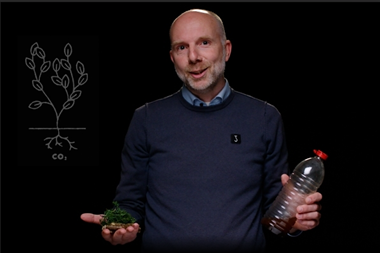
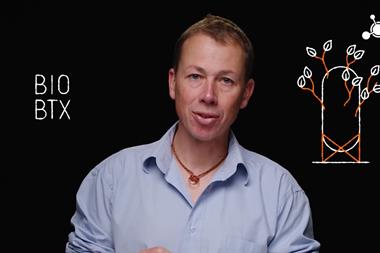
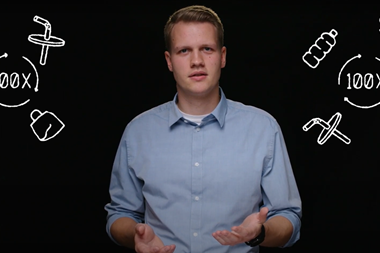
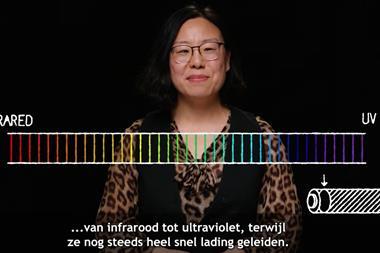
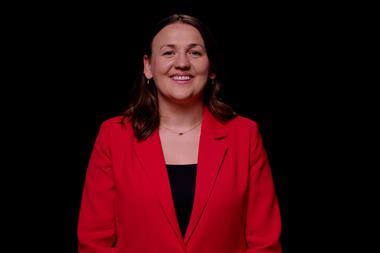
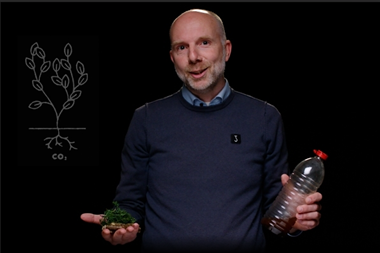
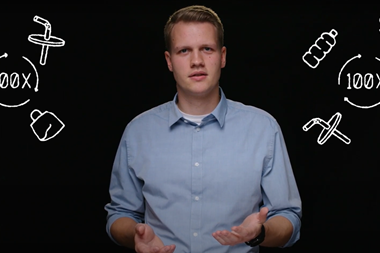
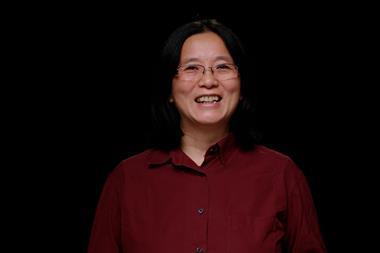










Nog geen opmerkingen